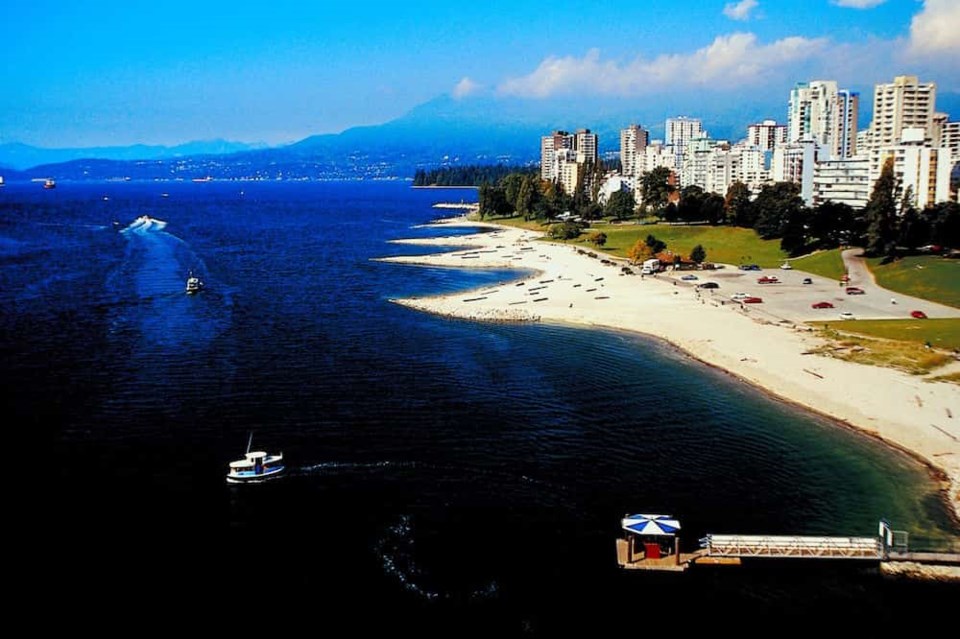Metro Vancouver had record-breaking, mid-March temperatures but returned to near-seasonal averages in April.
But summer is expected to be warmer than average, despite the slighter cooler, wetter weather in April.
Environment Canada Meteorologist Brian Proctor told V.I.A. that the region is experiencing a transition to more typical temperatures and precipitation as El Niño's influence wanes.
The weather phenomenon has kept conditions drier in the Lower Mainland over the winter and produced some above-average temperatures. The region experienced the warmest December on record and daytime highs in the mid-to-late teens in late January, Still, blasts of frigid Arctic air brought monthly averages closer to those typically seen in the region in other months, including January.
April has included largely unsettled weather with several days of bright sunshine and others with heavy rain and strong winds.
"El Niño has been making things dry and as it weakens it will transition into more typical conditions," Proctor noted.
The weather phenomenon's influence is expected to wane in through June, transitioning to an ENSO-neutral pattern, according to the National Oceanic and Atmospheric Administration's (NOAA) Climate Prediction Center.
Metro Vancouver weather forecast includes warmer summer with "typical" precipitation
Proctor said the Lower Mainland should return to "more typical" weather by June, noting that the region desperately needs rain.
"We need more precipitation. There's been a prolonged drought period and the snowpacks are down across much of the province," he said.
"Even though we are coming into a normal precipitation regime we have a strong deficit."
May, June, and July are expected to experience above-normal temperatures across Canada, including in the Lower Mainland.
"It doesn't look like it's heat dome kind of weather, it is just looking warmer," he clarified.
Environment Canada expects precipitation levels to return to near-normal amounts for the summer but a significant amount of rainfall is needed to replenish parched soil.
The B.C. River Forecast Centre provides the public updates on B.C.'s snowpack at the end of each survey period. While the last update showed improvement across the province, the South Coast has only 53 per cent of the normal supply.
While NOAA predicts a 60 per cent chance that La Niña will develop by June to August 2024, it won't start to impact Metro Vancouver until the late fall or early winter.
Stay up-to-date with hyperlocal forecasts across 50 neighbourhoods in the Lower Mainland with V.I.A.'s Weatherhood.

